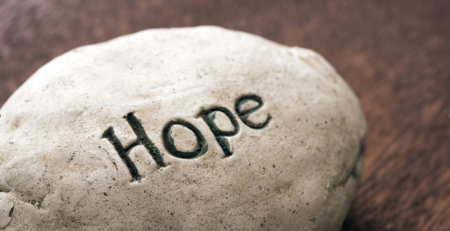BUILD RESILIENCE TO SURVIVE TOUGH TIMES
The globe appears to be lurching from crisis to catastrophe lately. In addition to various natural calamities, we have also seen a worldwide pandemic, profound changes in how we live our everyday lives, economic instability, political unrest, and social unrest. Then there are the traumas that individuals experience on a personal level, such as losing a loved one, deteriorating health, job loss, divorce, violent crime, or terrible accidents. This is a period of unheard-of difficulty and turmoil for many of us.
Whether a personal tragedy or a worldwide emergency is the cause of your life’s disturbance, going through a tough moment may significantly negatively impact your outlook, health, and mood. You can experience a sense of helplessness and stress, and anxiety overload. You could be struggling to come to terms with what you’ve lost, overcome a plethora of unpleasant, contradicting feelings, or be unsure of how to proceed with your life. You can even feel completely out of control of your life and helpless to stop whatever might come next.
Some techniques help calm the choppy waves and recover a sense of control even if there is no way to prevent sadness, struggle, or distress. Resilience is the capacity to deal with loss, change, and trauma—elements of life that have always been inescapable, even before these remarkable times. Building resilience can make it easier for you to deal with stressful situations, adjust to life-changing events, and recover from adversity and tragedy.
THE NEED FOR TOUGHNESS DURING A CRISIS
Why do some people appear to handle these difficult times better than others? Although every person’s circumstances are unique, resilient people often have a better tolerance for the emotional suffering brought on by adversity. Your ability to cope with the stress, worry, and depression that come with trauma and adversity—and to recover from setbacks—improves with your resilience.
Why do some people appear to handle these difficult times better than others? Although every person’s circumstances are unique, resilient people often have a better tolerance for the emotional suffering brought on by adversity. Your ability to cope with the stress, worry, and depression that come with trauma and adversity—and to recover from setbacks—improves with your resilience.
We all encounter difficult times, disappointment, loss, and change, and we all occasionally feel depressed, nervous, or agitated. However, developing resilience may help you keep a positive view, confront an uncertain future with less anxiety, and endure even the most trying times.
BUILDING RESILIENCE
It’s crucial to avoid viewing your difficulty handling hardship or misfortune as some character fault if you tend to be more sensitive to emotional suffering. It takes work to develop and sustain resilience throughout time; it is neither a fixed attribute nor a sign of manliness. It’s doubtful that you’ve needed or had the chance to develop resilience unless you’ve previously dealt with hardship. You can overcome the difficulties you’re now encountering by drawing on earlier experiences. Even if you’ve had trouble handling hardship in the past, you might at least be able to name a few coping mechanisms that don’t work, such as abusing drink or drugs to dull your emotions. Although seeing any positive outcomes from traumatic situations might be challenging, developing resilience can help you look for advantages in the challenges you’ve encountered. Surviving adversity may help you learn valuable lessons about yourself and the world, fortify your determination, increase your empathy, and eventually help you develop and grow.
Additionally, developing resilience can aid you in the following:
In both good and terrible circumstances, maintain your productivity, adaptability, and concentration.
Feel less apprehensive about novel situations or an uncertain future.
Be able to control and withstand intense emotions outside your comfort zone, including negative emotions like rage or sadness.
Make your connections stronger and communicate more effectively, even under pressure.
Boost your sense of self-worth.
Even when a solution isn’t immediately obvious, believe you’ll find one eventually.
Regardless of your age, history, or current situation, you may learn and hone these resilience-enhancing skills at any moment. The following advice can assist you in handling difficulties more assuredly, surviving these turbulent times, and making it through to the happier, more optimistic days ahead.



Leave a Reply